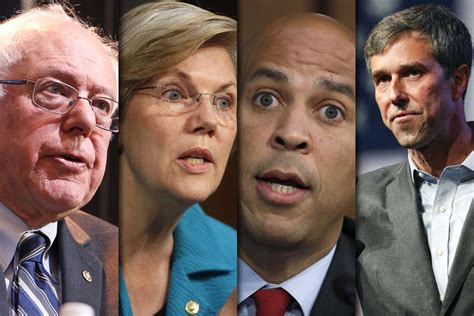How Old Do You Have to Be to Be President of the United States?
The question of presidential age limits is a common one, sparking discussions about experience, maturity, and the ideal qualities of a leader. Understanding these requirements is crucial for any engaged citizen. Let's delve into the specifics of the US Constitution and explore the reasoning behind this age restriction.
The Constitutional Mandate: 35 Years Old
The United States Constitution, specifically Article II, Section 1, Clause 5, clearly states that a person must be at least 35 years old to be eligible for the office of President. This isn't simply a suggestion; it's a fundamental requirement enshrined in law. Without meeting this age threshold, a candidate is constitutionally ineligible, regardless of other qualifications.
Why 35? Historical Context and Rationale
The choice of 35 as the minimum age isn't arbitrary. The Founding Fathers likely considered this age a balance between sufficient life experience and the potential for youthful energy and innovation. By 35, individuals are generally expected to have:
- Established Careers: This suggests a level of responsibility and achievement, indicating an ability to manage complex situations.
- Developed Judgment: Years of navigating life's challenges are expected to lead to sounder decision-making abilities.
- Gained Perspective: Exposure to diverse experiences contributes to a broader understanding of societal issues.
It's important to note that the age limit wasn't chosen to exclude younger, potentially brilliant individuals, but rather to establish a baseline of experience deemed necessary for the presidency's immense responsibilities.
Other Constitutional Requirements: Beyond Age
While age is a significant factor, it's just one piece of the puzzle. The Constitution also outlines other qualifications for the presidency:
- Natural-born Citizen: This means an individual must be a US citizen from birth, rather than becoming a citizen through naturalization.
- 14 Years Residency: Candidates must have resided within the United States for at least 14 years.
These requirements, along with the age limit, aim to ensure that the president possesses a deep understanding of the nation and its people.
Debating the Age Limit: A Continuing Conversation
The 35-year-old minimum has remained unchanged since the Constitution's ratification. However, debates occasionally arise regarding its appropriateness in modern times. Arguments are made both for maintaining the status quo and for potentially adjusting the age limit.
Arguments for Maintaining the Current Age Limit
Proponents argue that the current system provides a sufficient balance between experience and dynamism, and altering it could introduce unnecessary risk.
Arguments for Modifying the Current Age Limit
Conversely, some believe that the minimum age may be outdated and that exceptional individuals younger than 35 might possess the necessary skills and maturity for the presidency.
Ultimately, the debate underscores the ongoing conversation about the ideal qualifications for the highest office in the land.
Conclusion: A Cornerstone of Presidential Eligibility
The minimum age of 35 to be President of the United States is a non-negotiable constitutional requirement. This age threshold reflects the historical context and the Founding Fathers' vision for the leader of the nation. Understanding this fundamental aspect of presidential eligibility is key to informed civic engagement.
